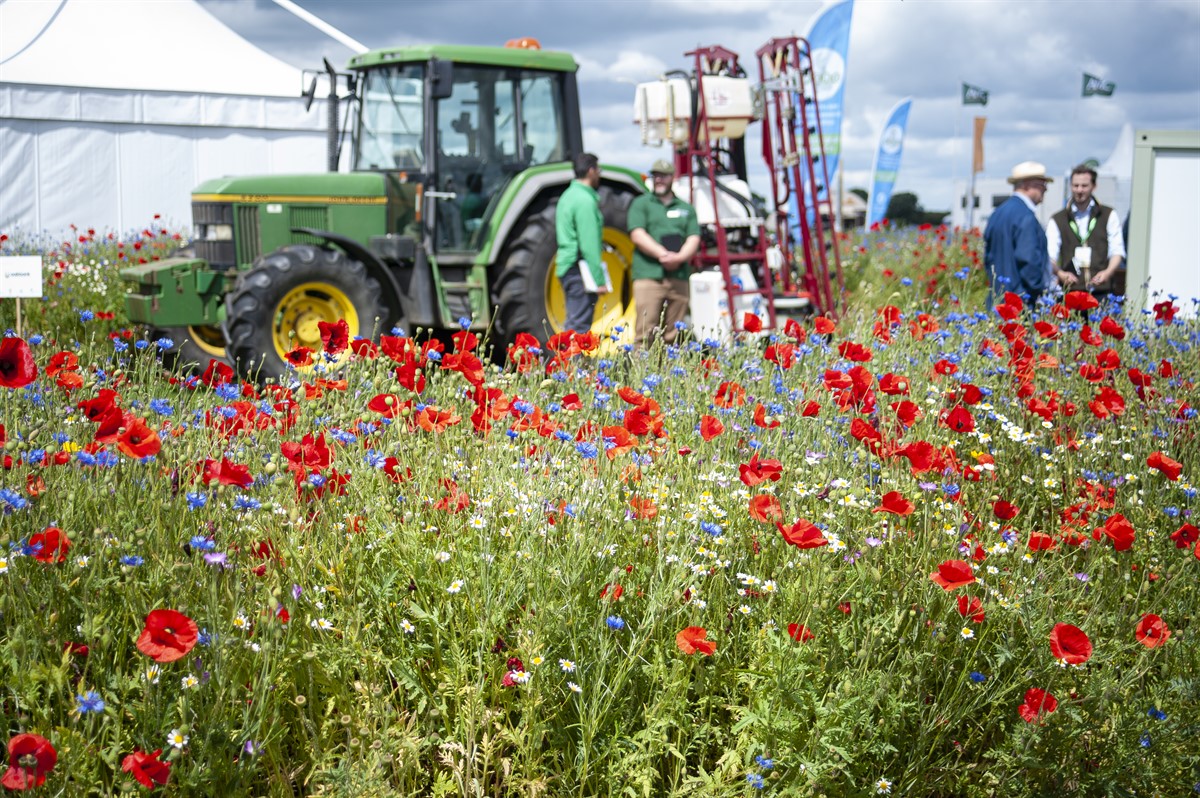After extensive protest across Europe, the Commission president Ursula Von der Leyen has announced that the Sustainable Use of Pesticides regulation (SUR) is withdrawn.
In late June 2022 the European Commission proposed a new Regulation on the Sustainable Use of Plant Protection Products to reduce the use and risk of chemical pesticides by 50% and the use of more hazardous pesticides (plant protection products containing one or more active substances approved as candidates for substitution) by 50% by 2030. The proposal transforms the existing Directive into a Regulation which would have been directly applicable in all Member States. The Commission stated that “the current rules of the Sustainable Use of Pesticides Directive have proven to be too weak and have been unevenly implemented. Also, insufficient progress has been made in the use of Integrated Pest Management as well as other alternative approaches.”
The proposal included:
- Legally binding targets reducing the use and risk of chemical pesticides by 50% by the year 2030.
- A ban on all pesticide use in sensitive areas, including all urban green areas used by the general public.
- Environmentally friendly pest control ensuring all farmers practice Integrated Pest Management in which chemical pesticides are used only as a last resort.
- Promoting low-risk alternatives with national targets to increase nonchemical methods of pest control and sales of non-chemical plant protection products.
- Helping farmers access required advice and guidance for more sustainable farming with less chemical pesticides.
- Enabling the use of new technologies such as precision farming, which contributes to further reducing the use of chemical pesticides.
- Common Agricultural Policy funding for investments and advice in sustainable practices. Accelerating approvals of biological alternatives for farmers and other pesticide users.
- Global solidarity by supporting sustainable agriculture in countries exporting food to the EU and introducing a new, more environmental approach on maximum residues level.
A majority of EU Member States have strongly criticised the European Commission's proposal on pesticide reduction with many farming bodies agreeing that the regulation poses serious threats to food security in Europe, already under severe pressure by the Russian invasion of Ukraine.
In late 2023, Parliament could not reach an agreement on a position and voted to stop work on the file. Despite lacking a Parliament position, EU agriculture ministers tried to continue working on the Regulation under the leadership of the Spanish Presidency of the Council of the EU which amended the Commission’s original text in an attempt to foster compromise, including scrapping national reduction targets. In January 2024, Belgium took over the Council Presidency reins but no progress could be made and Belgian Prime Minister Alexander de Croo said “I welcome the announcement of President von der Leyen to withdraw the SUR-regulation on pesticides.”
